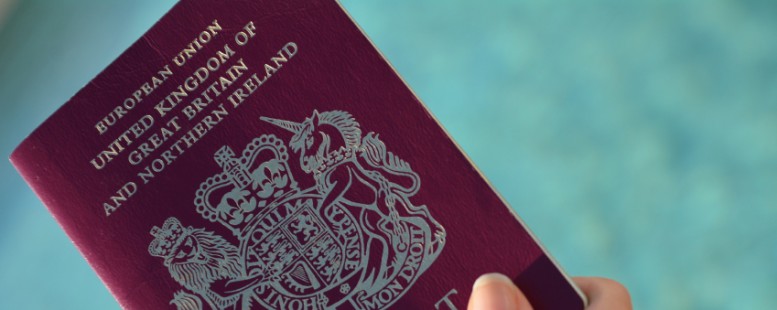Our Opinion: 2015
UK visa scheme under the spotlight

The Times recently reported that hundreds of millions of pounds of dirty money has been laundered through Britain because the “golden visa” system for wealthy foreign investors.
Tier 1 (Investor) visas, which give British residency in return for a £2 million investment, are a potential tool for money laundering, the report says.
Since their 2008 introduction, 3,048 visas have been issued, with 60% going to rich individuals from China and Russia. More than half of the 1,173 visas issued last year went to Chinese investors. The campaign group Transparency International says that at least £3.15 billion has flowed into Britain from the visa scheme and “it is highly likely that substantial amounts of corrupt wealth stolen from China and Russia have been laundered into the UK through the Tier 1 investor visa programme”.
The banking industry says it can only make limited checks on applicants and the government must carry out more scrutiny.
Justine Walker, director of financial crime at BBA, the banks’ trade body, said: “There are certain jurisdictions that pose challenges for banks in determining sources of funds. We would welcome any improvements to the Tier 1 visa scheme that enhance transparency and enable banks to fulfil their financial crime responsibilities.”
Tackling abuse of “golden visas” will be a test of the anti-corruption agenda being driven by the prime minister, who has said that Britain is “no place for dirty money” and will host a summit on corruption next year.
A Treasury assessment concluded last week that Britain’s anti-money-laundering processes were inadequate. It disclosed that while hundreds of billions of corrupt funds were laundered in Britain, investigations by the National Crime Agency covered only millions.
There are no live investigations into flows of corrupt funds from China despite the authorities in Beijing running an international operation to find £82 billion in stolen funds. Britain also has limited law enforcement links with Russia, which has lost an estimated £31 billion to corruption.
Nick Maxwell, of Transparency International, says that Britain should develop an asset recovery scheme with Beijing and tackle suspect funds at home by introducing “unexplained wealth orders” to require people to set out how they made their fortunes.
The Tier 1 visa attracted 153 applicants in 2009, when a £1 million stake was sufficient to qualify. The wealth limit was increased to £2 million last year and more stringent checks are being put in place.
A Home Office spokesman recently said that “we have brought in a number of additional reforms to crack down on abuse of the system. This includes requiring an applicant to have a UK bank account — and therefore pass the bank’s diligence checks — before they apply for a visa. Investors can no longer use loans to support the financial aspect of their application and have to be fully in control of their funds. We will also refuse a visa if we believe the funds were obtained illegally, or if the person’s character, conduct or association with any other third parties giving financial backing is not conducive to the public good.”
It is inevitable that the account opening and Source of Wealth requirements will make it more and more difficult to open accounts and buy investments with reputable banks. Yet, attracting wealthy entrepreneurs who wish to move to the UK, to escape instability at home, remains an objective of the Home Office.
Knightsbridge Wealth is experienced in collating comprehensive evidence to support an applicants’ source of wealth, ensuring the best arrangements are in place for the unique needs of each of our clients.
